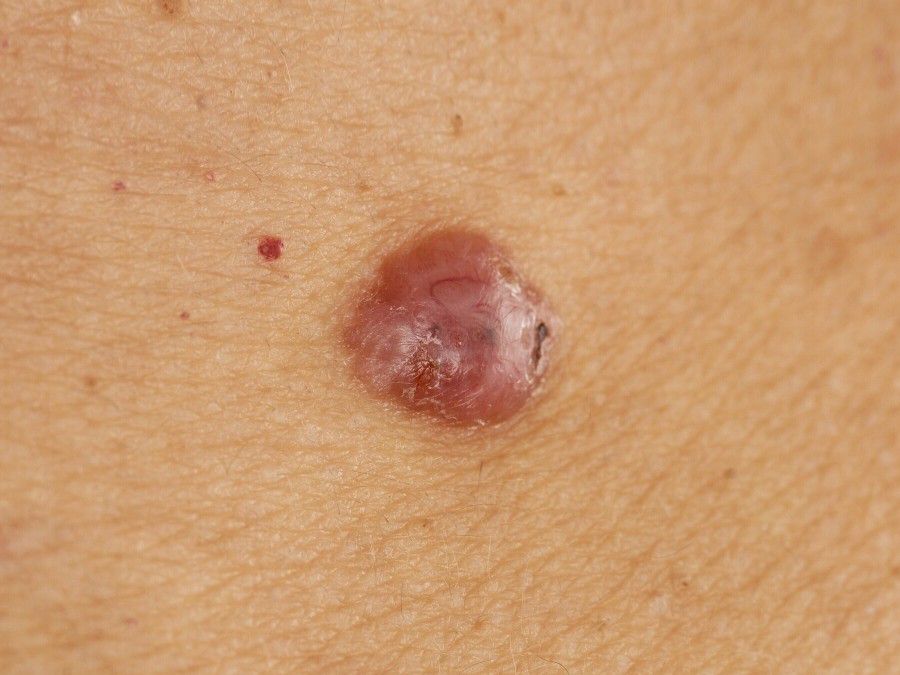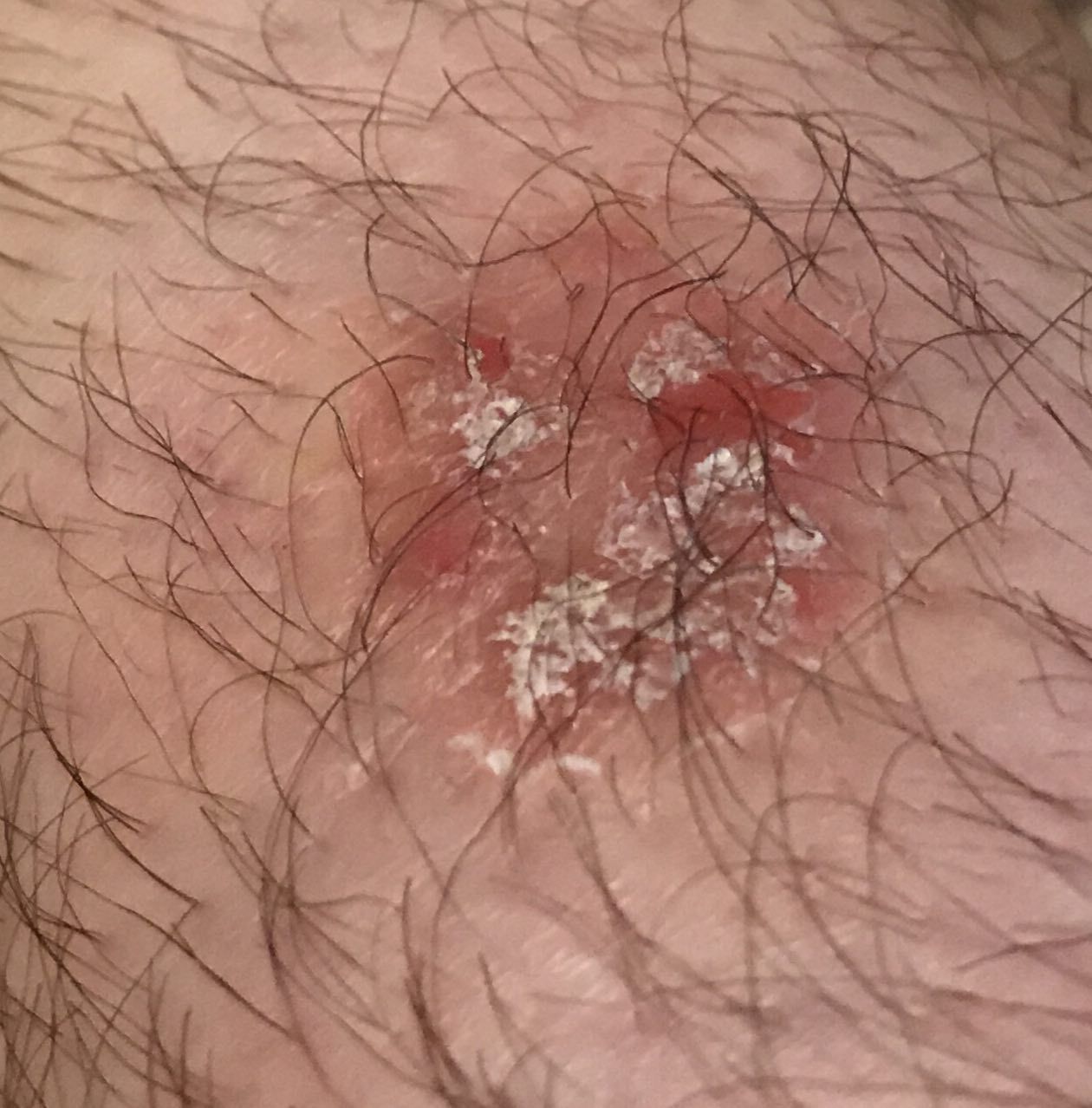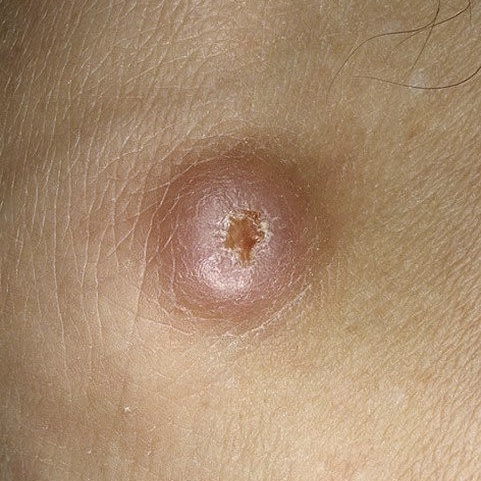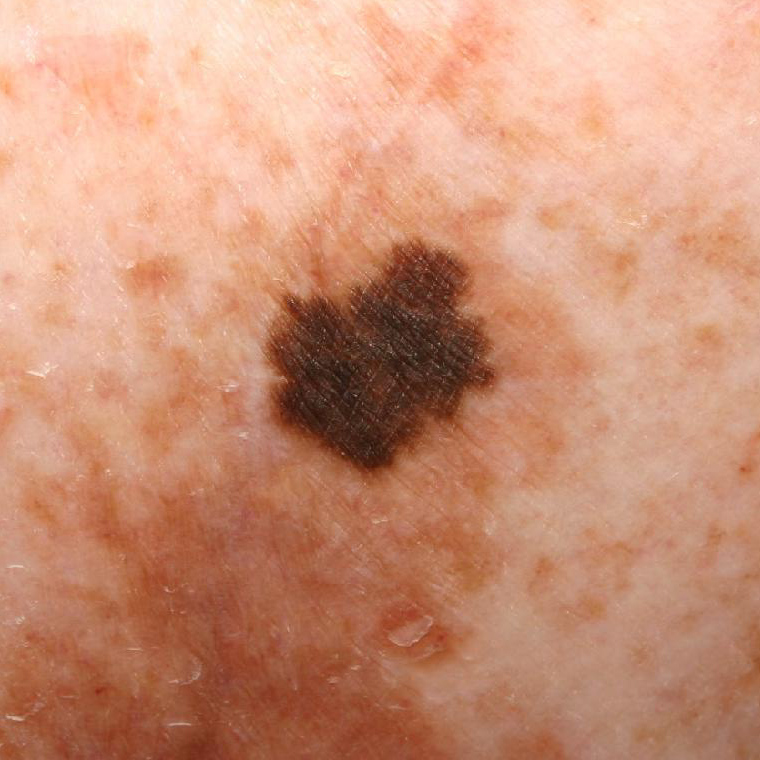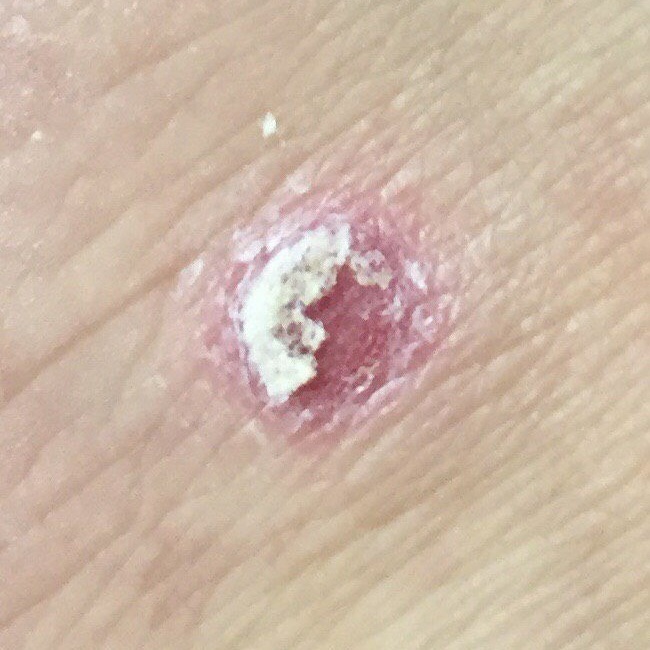Skin cancer is an abnormal growth of skin cells, often caused by exposure to ultraviolet radiation from the sun or tanning bed. There are different types of skin cancer including basal cell carcinoma, squamous cell carcinoma and melanoma.
🚨 High risk: Skin cancer can be very dangerous, especially if left untreated. In particular, melanoma can spread to other parts of the body and become life-threatening.
💊 Treatment: Treatment and diagnosis should be done immediately as soon as you notice any suspicious changes on your skin, such as new moles, changes in existing moles, or non-healing sores. It is best to see a dermatologist for evaluation and treatment. The urgency depends on the specific symptoms and risk factors you may have.
💡 Skin Self-Exams tips: Follow the ABCDE rule for self-examination: asymmetry, border irregularity, discoloration, diameter (greater than 6 mm), and developing signs. Perform these exams monthly, especially if you have a history of skin cancer or risk factors such as fair skin or a family history of the disease. If you notice any changes, see your doctor immediately.
